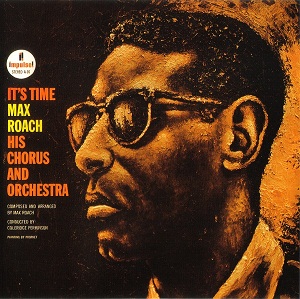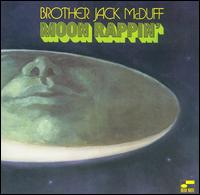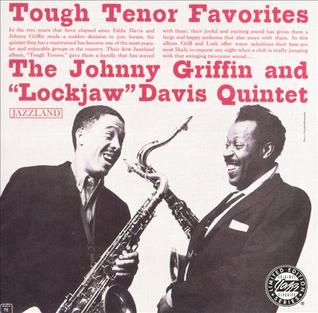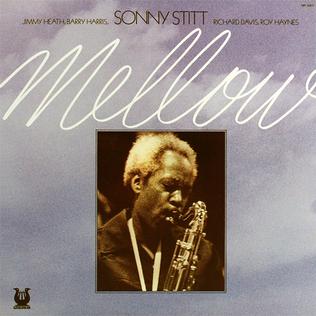
Saxophone Colossus is a studio album by American jazz saxophonist Sonny Rollins. It was recorded on June 22, 1956, with producers Bob Weinstock and Rudy Van Gelder at the latter's studio in Hackensack, New Jersey. Rollins led a quartet on the album that included pianist Tommy Flanagan, bassist Doug Watkins, and drummer Max Roach. Saxophone Colossus was released by Prestige Records to critical success and helped establish Rollins as a prominent jazz artist.

Coleman Hawkins Encounters Ben Webster is studio album recorded on October 16, 1957, by Coleman Hawkins and Ben Webster, accompanied by a rhythm section led by Oscar Peterson.

Percussion Bitter Sweet is an album by jazz drummer Max Roach recorded in 1961, released on Impulse! Records. It was trumpeter Booker Little's penultimate recording before he died from uremia in early October 1961.

It's Time is a 1962 album by jazz drummer Max Roach, released on Impulse! Records which also features trumpeter Richard Williams, tenor-saxophonist Clifford Jordan, trombonist Julian Priester, pianist Mal Waldron, bassist Art Davis, and a vocal choir conducted by Coleridge-Taylor Perkinson. Singer Abbey Lincoln appears on "Lonesome Lover".

Ellington '65 is an album by American pianist, composer and bandleader Duke Ellington recorded in 1964 and released on the Reprise label in 1965. The album features recordings of popular tunes arranged by Ellington and Billy Strayhorn, a formula that was revisited on Ellington '66 (1966).

The Other Side of Round Midnight is an album by American jazz saxophonist Dexter Gordon recorded in 1985 and released on the Blue Note label. The album was recorded during the making of for Bertrand Tavernier's 1986 film Round Midnight which also produced the Academy Award-winning soundtrack album. The album features the last recordings released under Gordon's name which were produced and arranged by Herbie Hancock.

Moon Rappin' is an album by American organist Brother Jack McDuff recorded in 1969 and released on the Blue Note label.

Booker Little 4 and Max Roach is an album by American jazz trumpeter Booker Little featuring performances recorded in 1958 for the United Artists label.

Little Red Moon is an album by the American jazz saxophonist Archie Shepp recorded in 1985 and released on the Italian Soul Note label.

Big Bags is an album by vibraphonist Milt Jackson featuring big band performances arranged by Tadd Dameron and Ernie Wilkins recorded in 1962 and released on the Riverside label.

Uhuru Afrika is an album by American jazz pianist Randy Weston recorded in 1960 and originally released on the Roulette label. The album features lyrics and liner notes by the poet Langston Hughes and was banned in South Africa in 1964, at the same time as was Lena Horne's Here's Lena Now!, with copies of the albums being seized in Johannesburg and Cape Town.

Moon Faced and Starry Eyed is an album by American jazz drummer Max Roach, featuring vocalist Abbey Lincoln on two tracks, recorded in 1959 and released on the Mercury label.

Speak, Brother, Speak! is a live album by American jazz drummer Max Roach featuring performances recorded in San Francisco in 1962 and released by the Fantasy label.

Tough Tenor Favorites is an album by saxophonists Eddie "Lockjaw" Davis and Johnny Griffin recorded in 1962 and released on the Jazzland label.

Sonny Stitt at the D. J. Lounge is a live album by saxophonist Sonny Stitt recorded in Chicago in 1961 and released on the Argo label.

Mellow is an album by saxophonist Sonny Stitt recorded in 1975 and released on the Muse label.

Somethin' Slick!' is an album by organist Jack McDuff recorded in 1963 and released on the Prestige label.

This Is Cave Music is the second album by American jazz trio Moon Hooch, released on September 16, 2014 by Hornblow/Palmetto Records. Unlike their self-titled debut, this album includes vocals, synthesizers, and post-production work.

Red Sky is the third album by American jazz trio Moon Hooch, released on June 10, 2016 by Hornblow/Palmetto Records. The album was praised for its infectious energy.





















